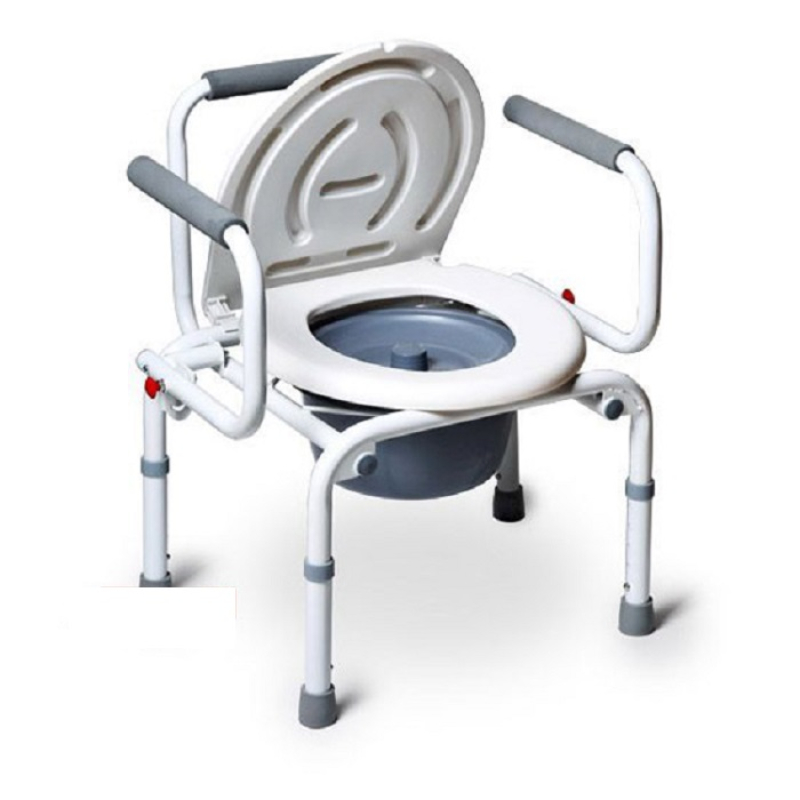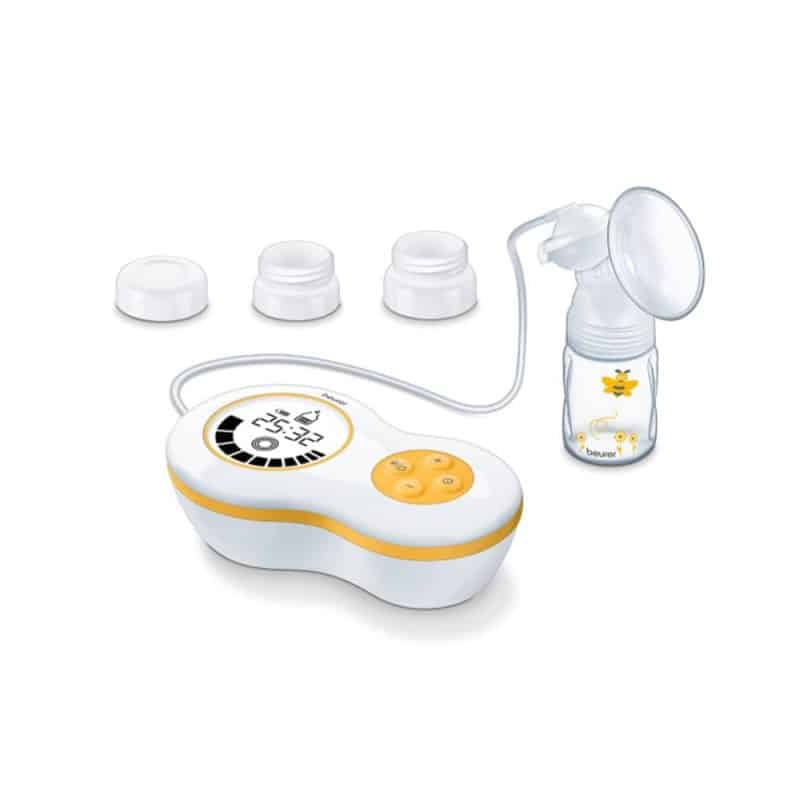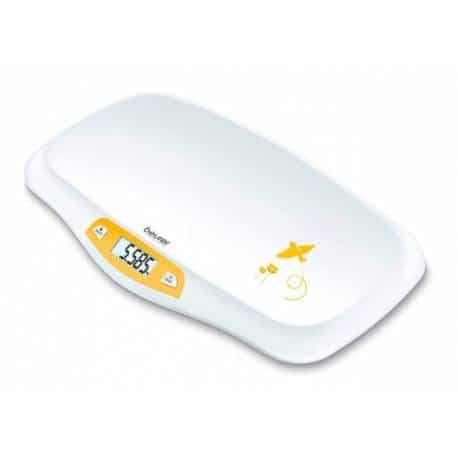
TEN important points about blood sugar that you did not know before!

! TEN important points about blood sugar that you did not know before
Of course, you have heard the name blood sugar many times and you are a little familiar with it, but you should know that it has a concept far beyond what you have heard.
Join us in this article to learn more about the importance of blood sugar in the body
? What is the real meaning of blood sugar
The real concept of BLOOD GLUCOSE LEVEL is the amount of glucose in the blood of a human or animal
The human body is able to control blood sugar levels through the action of “homeostasis”
? What does the human body do with blood sugar
The large amount of food we eat during the day is converted to glucose. In fact, this type of blood sugar (glucose) is the unit of energy supply and the main source of metabolism in the human bod
? What does lower or higher blood sugar mean
The very important point is that blood sugar levels should always be within normal limits so as not to cause problems and diseases for humans
: HYPOGLYCEMIA
It is a disease that is caused by hypoglycemia, a standard and approved by the World Health Organization. The incidence of this disease will vary according to age and gender. In this case, the person may become irritable, nervous, weak and confused. Fainting occurs if your blood sugar drops too low
: HYPERGLYCEMIA
It is a disease caused by high blood sugar, according to the standard and approved by the World Health Organization. The incidence of this disease will vary according to age and gender. The acute form of this disease is called diabetes
The term high blood sugar means that the body has not been able to properly consume glucose, or blood sugar
The risks of high blood sugar are very serious. Dysfunction of vital organs of the body including heart, brain, eyes, kidneys and …
A hormone called insulin
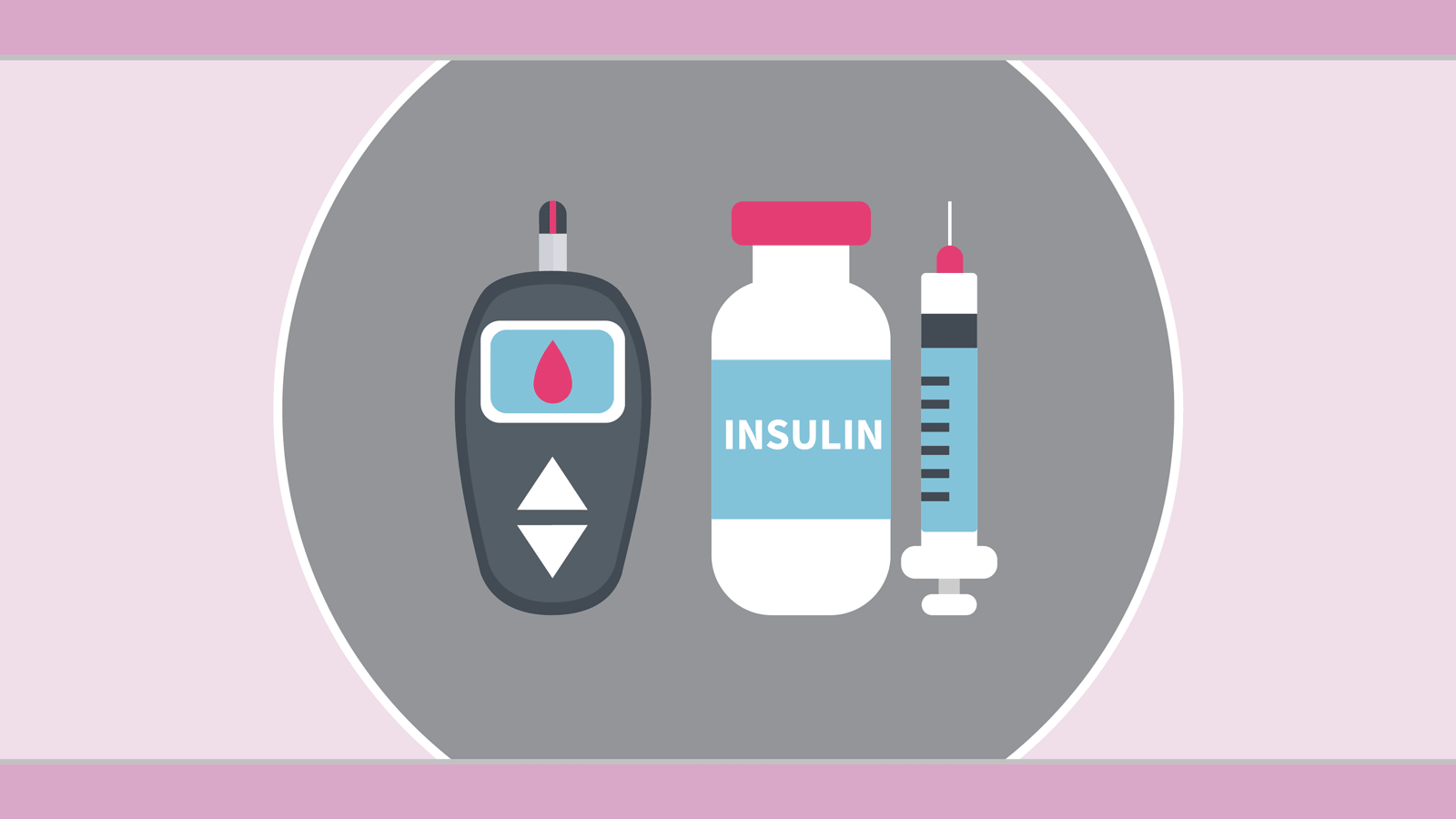
Insulin is the fuel needed by the body’s cells
Insulin is a very useful and vital hormone for human survival
This is because after digestion and absorption of food, glucose enters the bloodstream, where it is used by various cells for growth and energy. Insulin must be present for glucose to enter cells. Insulin is a hormone produced by the pancreas. When we eat, the pancreas automatically produces the right amount of insulin, which moves sugar from the blood into the cells.
Diabetes, a disease of modern life

Hypertension means a disorder in the metabolism of sugar in the body
Diabetes occurs when the human pancreas is unable to make the amount of hormone needed to consume glucose or the hormone is unable to function properly in the body
This hormone is called insulin
If the function of insulin and the cycle of burning and taking insulin in the body is improper, blood sugar can get out of control and this condition can cause symptoms and blood sugar or diabetes.
In a simpler sense
In this type of disease, blood sugar rises above or below normal and eventually the symptoms of diabetes appear. Symptoms such as: excessive eating, drinking, increased urination and ETC
? How many types of diabetes are known
Type 1 diabetes
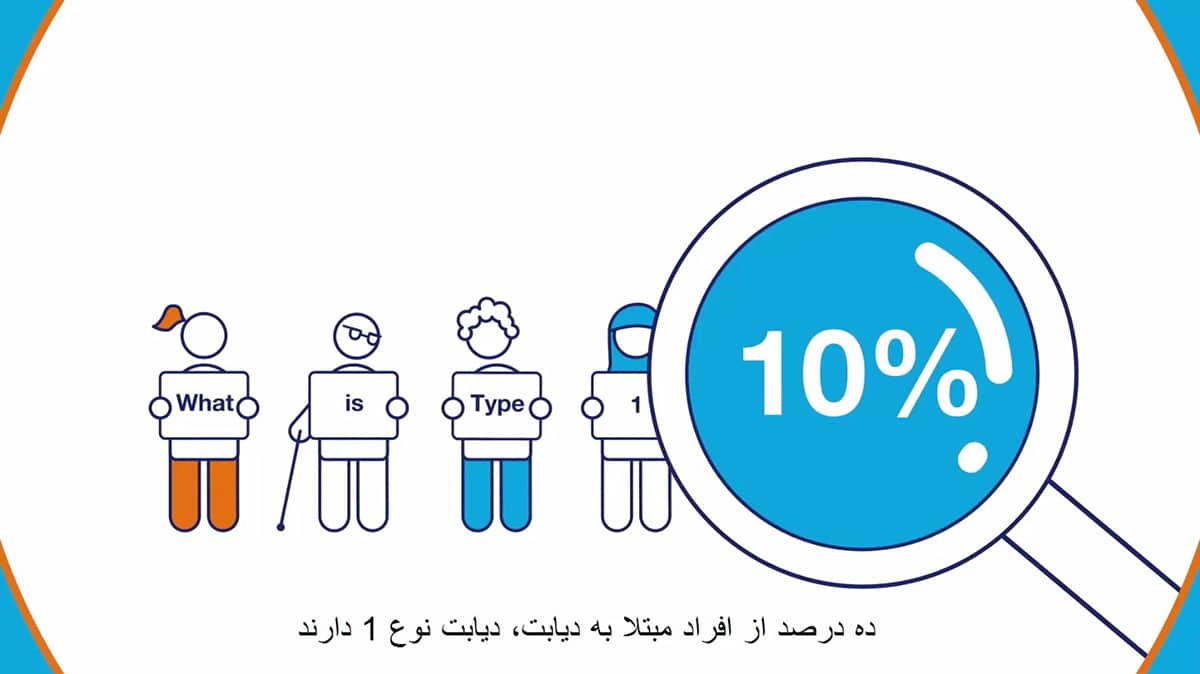
Type 1 diabetes or juvenile diabetes, which is an autoimmune disease that results from the improper destruction of insulin-producing cells by the immune system.
Type 2 diabetes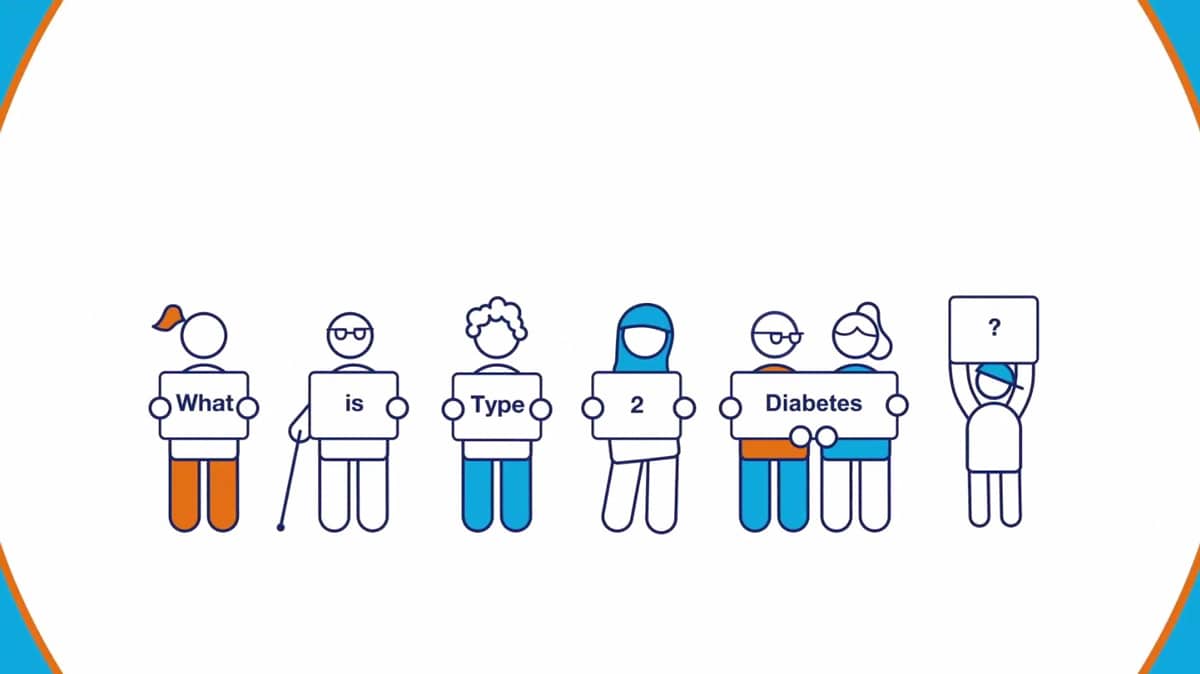
Type 2 diabetes, or adult-onset diabetes mellitus, usually occurs in middle age and is inherited
This type of diabetes occurs because the body’s cells become resistant to insulin. In this disease, the pancreas produces insulin, but this amount is not enough to maintain normal blood sugar or glucose levels. An important factor in the development of insulin resistance and high blood sugar in these patients is obesity
Gestational Diabetes
The third type of diabetes is gestational diabetes, which is a temporary condition during pregnancy Gestational diabetes affects approximately (2) to (4) percent of pregnant women
? Why should blood sugar be controlled
You may have wondered many times why blood sugar control is important
The process of controlling and monitoring blood sugar, which is called in medical terms (CGM), will help prevent and control diabetes with the useful information it provides
You have probably heard many times that diabetics face the challenge of controlling their blood sugar on a daily basis. People with type 1 and type 2 diabetes can measure their blood sugar by adjusting the amount of medication (insulin), food, and physical activity. Therefore, using a device to continuously monitor blood sugar has many benefits for diabetics.
We have several types of blood sugar tests
قندخون ناشتا (FBS : FASTING BLOOD SUGAR)
This test measures your blood sugar while you have been fasting for at least 8 hours
This is the first test used to diagnose diabetes
Blood sugar (2) hours after breakfast (TWO HOUR POSTPRANDIAL BLOOD SUGAR)
This test measures blood sugar (2) hours after breakfast. This test is not used to diagnose diabetes
قندخون تصادفی (RBS : RANDOM BLOOD SUGAR)
This test measures blood sugar, regardless of when you ate. Several random checks may be performed throughout the day. Random blood sugar measurements are helpful because healthy blood sugar levels do not change much during the day. If your blood sugar changes a lot during the day, there may be a problem with your body
This test is also called a CASUAL BLOOD GLAUCOSE test
ORAL GLUCOSE TOLERANCE TEST
This blood sugar test is used to diagnose the pre-diabetes stage and the diabetes stage. This test is mostly used to diagnose gestational diabetes and is not applicable to non-pregnant people with diabetes. Test for sugar-bound hemoglobin Glycosylated hemoglobin (HB ALC) This blood sugar test measures the amount of sugar-bound hemoglobin. This test can be used to diagnose diabetes. It also shows you how to control your diabetes in the last 2 to 3 months and whether your diabetes medications need to be changed. The result of this test estimates the average blood sugar level. Also known as the Mean Estimated Glucose (EAG).
Choosing the method and type of test is the task of your specialist doctor
Your doctor may prescribe fasting tests, sugar tolerance tests, or a combination of several methods
Optimal blood sugar levels for people with diabetes
Fasting blood sugar: between 70 and 130 mg / dL (mg / dl) – (9.3 to 2.7 mmol / L)
Post-meal blood sugar: less than 180 mg / dL (mg / dl) – (10 mmol / L)
Blood sugar 2 hours after a meal: less than 140 mg / dL (mg / dl) – (8.7 mmol / L)
Optimal blood sugar levels for non-diabetics
Fasting blood sugar: less than 100 mg / dL (mg / dl)
Blood sugar 2 hours after meals: less than 140 mg / dL (mg / dl)
Sleeping blood sugar: less than 120 mg / dL (mg / dl)
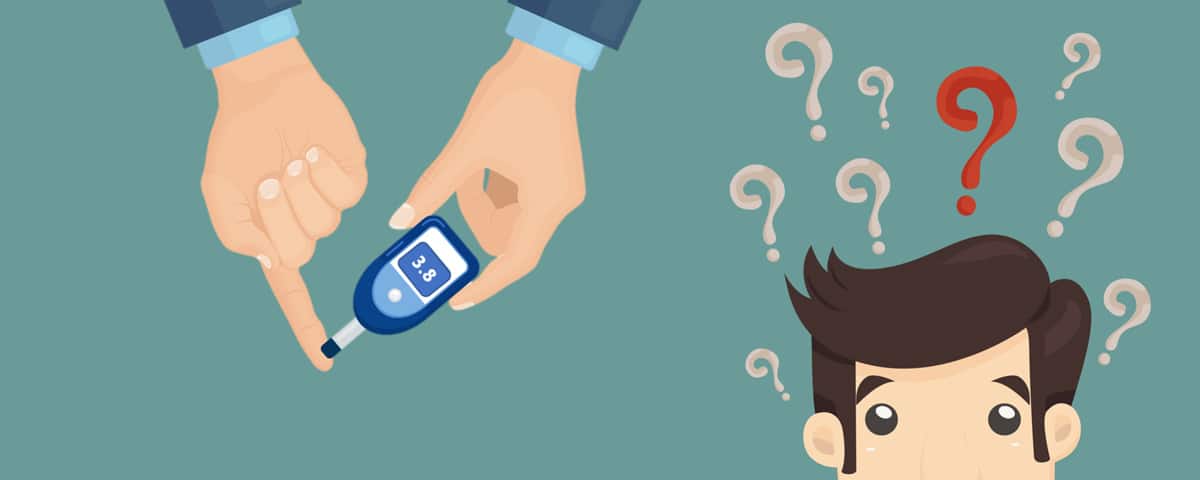
In this article, we tried to learn more about the concept of blood sugar and its importance
- دی 27, 1399
- 771 بازدید








